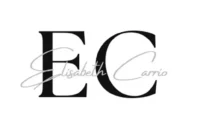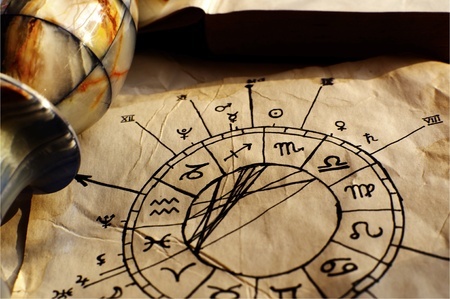Introduction: A bold hypothesis
Could astrology be used to define a psychic identity card, how physical traits define an individual's social identity? This idea struck me during my studies in psychology, and since then, I have continued to explore its symbolic and interdisciplinary implications.
From this founding intuition, I propose a reading of astrology as a structured symbolic language enabling us to understand the dynamics of human personality — not as a fixed predictive tool, but as a mirror of our interiority and our potential for evolution.
Planets and Personality: A Coherent Symbolic System
In this perspective, each planet represents a psychological archetype or a fundamental character trait, and it is the unique combination of their positions (in signs and houses), as well as their aspects to each other, that depicts a singular personality.
Here is a brief summary of this symbolism, according to traditional astrology:
The Sun : will, consciousness, identity.
The Moon : emotional, imaginary, affective memory.
Mercury : intellectual abilities, communication.
Venus : desires, harmony, attachment.
March : action, momentum, aggressiveness or audacity.
Jupiter : expansion, generosity, social integration.
Saturn : structuring, responsibility, limits.
To simplify this introduction, I rely here on these seven traditional planets, but this approach can be extended to other stars in a more in-depth framework.
A non-deterministic psychological reading
Unlike classical astrological tradition, I do not believe in the idea of beneficial or malefic planets. Psychologically, each planet represents an essential facet of the individual, and all participate in the construction of its completeness. It is their conscious integration which allows the person to find their inner balance.
Value judgments about traits (e.g., Saturn's austerity or Mars's impulsiveness) do not depend on the planet itself, but the person's level of consciousness and the context in which it evolves. As with physical traits, the meaning of an attribute depends on the time and the cultural perspective carried on him. Having light eyes or dark skin is neither good nor bad in itself: it all depends on the setting.
Symbols and Consciousness: The Role of Self-Knowledge
So the Sun can represent generosity or, on another level, pride ; the Moon, sensitivity or emotional overflow ; Mars, audacity or destructive aggression. It is the awareness we have of our energies which determines its use - and this is what founds our inner freedom.
The study of astrology then becomes a path of learning and mastery, in the service of a quest for meaning: understanding the energies at work within oneself, not to lock oneself into a pattern, but to better direct one's action and broaden one's field of choice.
Realizing your destiny: acting in accordance with your nature
The "freedom" I am referring to here is that of realize one's potential, to live according to what one is made for. Because the natal chart does not determine the future, it oriented : it indicates predispositions, internal dynamics, areas of effort and fluidity.
A person with a Jupiterian dominance will naturally be oriented towards expansion, generosity, and transmission. A Saturnian dominance will lead them towards the structuring, there social responsibility or the search for solidity. Astrology therefore allows a double reading : of oneself in relation to oneself, and of oneself in a given context (culture, era, society).
Towards a psychological typology based on astrology
These hypotheses open the way to a theory of personality types, based on ten identifiable planetary dominants. The idea is not new: in ancient times, Hippocrates classified temperaments according to the four elements (fire, earth, air, water). More recently, Cattell or Costa & McCrae have used psychometric tests to identify personality profiles.
Why then? not to revisit these typologies in the light of the astrological symbolic system, which, while ancient, remains remarkably rich in exploring the depths of the human soul?
Conclusion: A Path for Inner Exploration
Far from a naive determinism or a magical belief, astrology, integrated into a transdisciplinary approach, can become a powerful tool for exploring the psyche. It allows to understand each other better, to accept all dimensions of oneself — and thus to achieve greater inner freedom.



